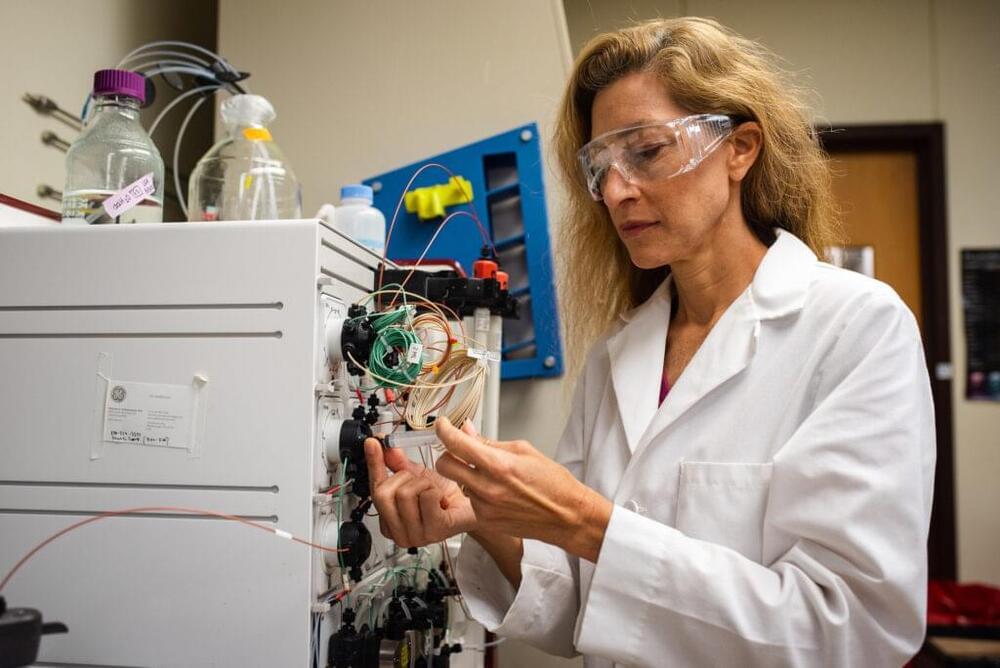😗😁
AUSTIN, Texas — Researchers behind discoveries that led to vaccines for the virus that causes COVID-19 have identified a potential Achilles heel that exists in all coronaviruses. These findings, led by researchers at The University of Texas at Austin, could aid the development of improved treatments for COVID-19 and also protect against existing and emerging coronaviruses.
Most vaccines and antibody-based treatments for COVID-19 neutralize the SARS-CoV-2 virus by disrupting interactions between the protein spike on the virus and the ACE2 receptor on human cells, which the virus hijacks to gain entry. But mutations in the spike protein mean that emerging variants of SARS-CoV-2 can escape the human antibody response, making treatments less effective and leading to vaccinated individuals still experiencing breakthrough infections. The researchers are addressing the issue by focusing on parts of the spike protein that are crucial for the virus’s survival and don’t mutate.
The SARS-CoV-2 spike protein is made up of two subunits – called S1 and S2. The S1 subunit binds to the ACE2 receptor, while the S2 subunit allows the virus to fuse with the membrane of the cell it is gaining access to. Most mutations in the spike protein affect its S1 subunit, but the S2 part is relatively constant across all seven human coronaviruses, making it a prime target for therapeutic antibodies and vaccines.
